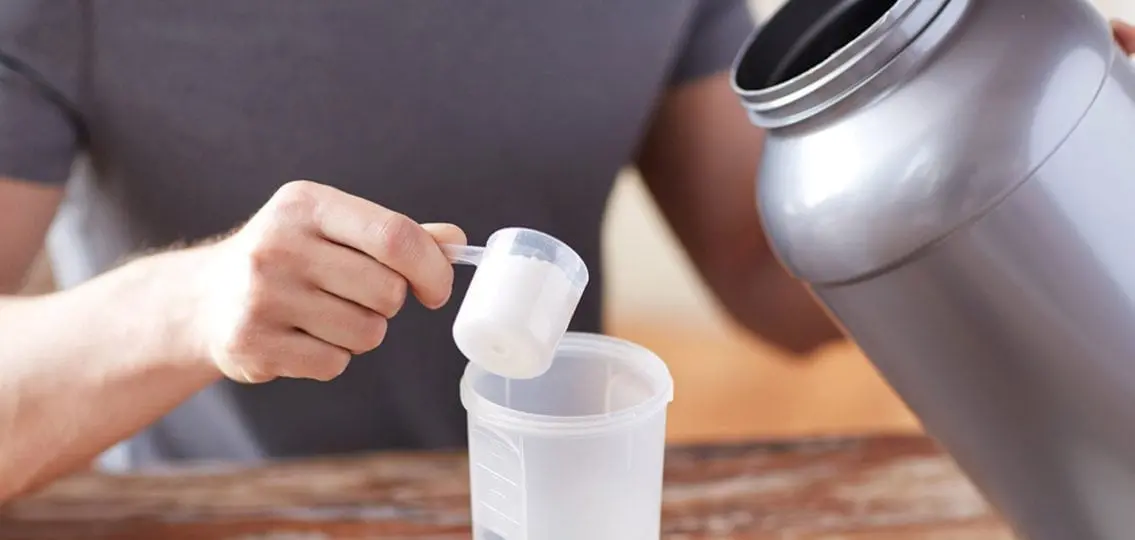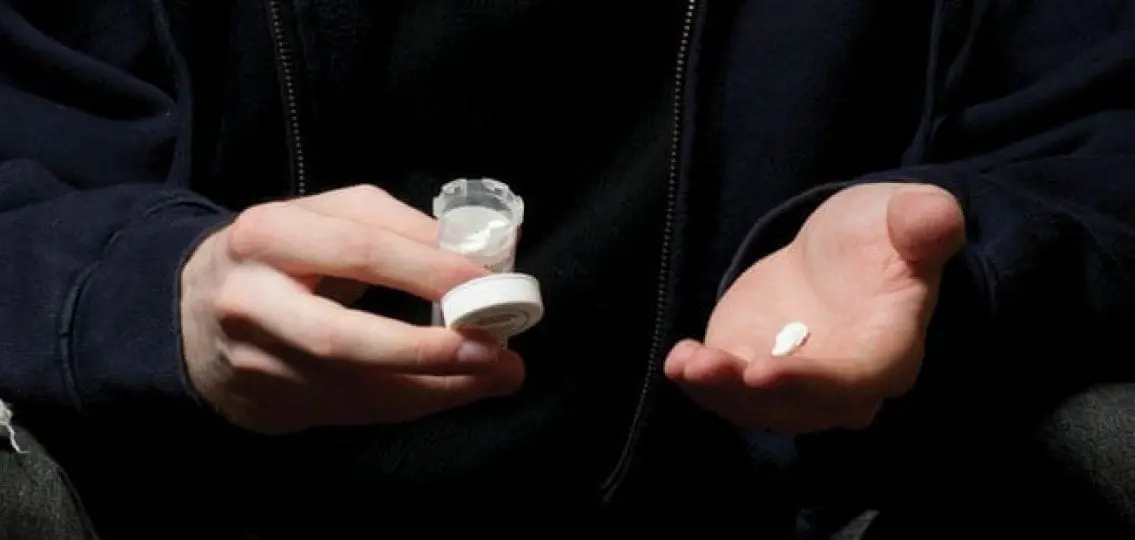Burn fat faster! Build muscle mass! Reduce your recovery time! Optimize endurance! Sign – me – up. This may be what your teenager is thinking next time she glances across the aisle of products promoted as “healthy” supplements.

Dietary and sports supplements are a $2.7 billion industry, and with clever product names like Total Lean, Hardcore, and Muscle Meds, teenagers are buying.
Unfortunately, the Food and Drug Administration (FDA) imposes few regulations on these products. In fact, manufacturers are not required to register them, seek approval, or even prove that they work. In many ways, “clinical trials” for these products are consumer driven.
These supplements promise fast and easy results, and what teenager doesn’t like the sound of that? But are supplements healthy or even effective?
Here’s our round up of some of the most popular supplements on the market today.
Are These Supplements Healthy?
Thermogenics
These are better known as the “fat burners”. They typically work as a stimulant that can increase your metabolism, very often by increasing heart rate and generating “heat” within the body. Popular thermogenics include ingredients such as ephedra, ephedrine, and mu huang. Ephedra has been linked with an alarming incidence of heart attack, stroke, seizures, and death. In April 2004, the FDA banned the sale of ephedra in the United States. But since then, a subset of fat burners has emerged with “ephedra-like” properties. Consumers should be aware that these products are considered less potent, but they too have been linked with heart attack, seizures and death.
Nitric Oxide
These products are commonly identified as “energy igniters”, NO, NO2, or more recently, the “legal anabolic.” With alluring brand names like Mass FX, N.O-Xplode, and Nitrix, they claim to increase muscle strength, power, endurance, and testosterone levels. Most common side effects include excessive bleeding, heart palpitations, and kidney and liver damage. In addition, nitric oxide supplements will aggravate the herpes virus often resulting in an outbreak for carriers.
Prohormones
These are marketed as testosterone boosters. A popular example of this is DHEA or dehydroephiandrosterone. And no, prohormones do not have the ability to turn anyone into a pro athlete. Their claim is to build muscle mass and increase strength, but prohormones have also been linked to male breast development, heart attack, hormonal changes in both males and females, liver damage, and kidney failure.
Creatine
Its been around a while but is still popular as ever. Creatine is already naturally in your muscle. But when ingested, it will boost the metabolism in skeletal muscle. Creatine supplements claim to improve bursts of strength and power, both needed to build muscle mass. Common side effects include weight gain, diarrhea, abdominal pain, and muscle cramps. Creatine is not considered doping and therefore is not banned for professional athletes. However, the National Collegiate Athletic Association (NCAA) has ruled that colleges may not supply their athletes with any Creatine supplement or product.
So is there something that can help a teenager have an edge? Sure, but supplements shouldn’t play a role.
“Build a solid foundation when you’re young by being the guy who works the hardest and longest in the gym,” says Den Nettleton, affiliate director for the Houston-based Global Healing Center. “Not by (spending) the most money at GNC.”

Unfortunately, these products are as readily available as baby aspirin, and any minor can purchase them. They entice teenagers with the promise of improved athletic performance with glamorous results. But there is nothing glamorous about the health risks that come with them. And for teens looking for the “complete package”—high risk, high reward is a package deal.




